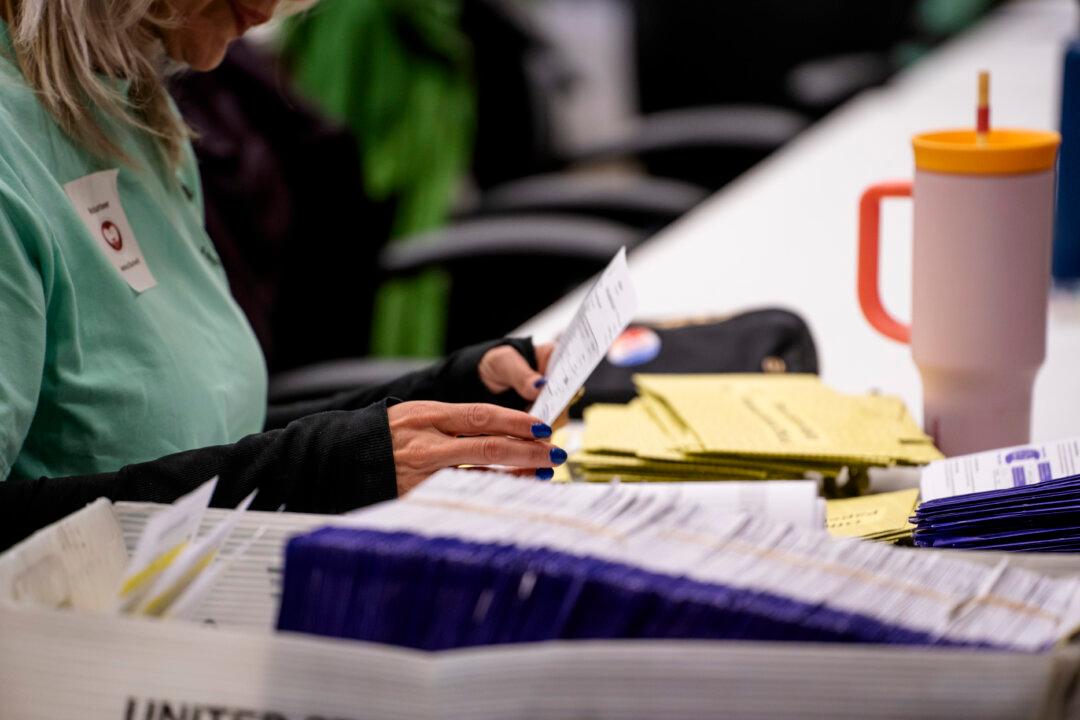A new legal case in Pennsylvania may revive the debate over the rules surrounding voters’ signatures on the envelopes of mail-in ballots.
In Pennsylvania, voters casting mail-in ballots place their marked ballot in an envelope, which they are required by law to sign and date. That envelope is then placed in a second exterior envelope, also called a “secrecy” envelope, for mailing.





